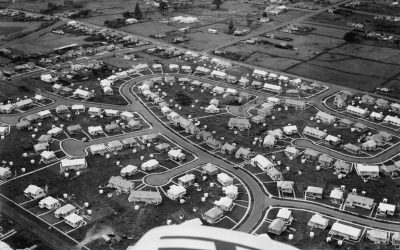As housing officials work toward the city’s ambitious plan to obliterate homelessness in Lethbridge in five years, philosophies must change and traditional community planning models be tossed aside.
That jives with a study released recently by the Frontier Centre for Public Policy in Winnipeg on Canada’s homeless population. “Freedom to Build,” by researcher Fergus Hodgson, examines the role of regulation in reducing the supply of low-cost housing.
“Parts of the study are definitely aligned with both the Lethbridge and the provincial plans,” said Diane Randell, manager of community and social development.
“Looking at root causes of homelessness is embedded in our plan, especially when you start talking about the prevention of homelessness. What we really need provincial and federal governments to do is respond to those root causes — poverty reduction is one, and people who have complex issues, whether it be mental health or addictions, is another.”
Approximately half of homeless individuals are employed and even more are willing to work, Hodgson’s work notes, but Canada’s cost of housing has greatly outpaced wage growth, so minimum wage and low-paying jobs are no longer sufficient to cover accommodation in Canada’s major cities.
Construction resources have been channelled away from low-cost housing by building codes, green belts, zoning ordinances, approval and consultation delays, and mandatory professional licensing.
“People are beginning to understand the need,” Randell said. “Especially when you start talking about the compactness of our neighbourhoods. With the Plan Your City initiative, those ideas of sustainability are coming forward and I believe we’re starting to see a shift. Awareness is starting to occur that we can’t continue to move outward.”
Urban sprawl created by post-war development models make it so people have to drive to get their groceries, go to school or seek entertainment and recreation. New community designs, like Garrison Woods in Calgary, include high-density housing as well as single-family homes, built around a hub where shopping and recreation are within walking distance for everyone.
Hodgson points out federal public housing assets are now more than a third of a trillion dollars, more than double what they were three years ago. Yet, the waiting list has grown even more rapidly and remains years long. Numerous government programs and community initiatives have sought to address homelessness, but by overlooking the restrained housing market, they have proved ineffectual.
The study notes the policy responses, while numerous, have not addressed the primary cause: the restrained supply of private housing, which for the last two decades has been a significant reason the homeless proportion of the population has grown so rapidly.
Lethbridge still has the lowest vacancy rate in Alberta, but slightly improved over a year ago when it was at zero.
“I think it’s 1.8,” Randell said. “If you look at the building permits, there has been an increase in multi-family, but a lot of it is seniors’ housing, and upper end at that. It’s not what we’d consider to be for families. But I think we’re making some progress, especially when I hear the community saying the same things now about the need for density and compactness and including everybody in our neighbourhoods.”


